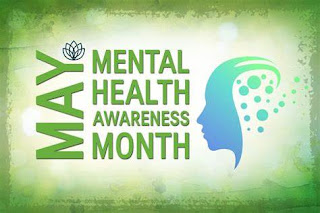Subscribe to Emma McAdams' newsletter!

Emma's mission is to provide easy access to mental health resources with videos, programs, and her blog. She is a Christian, and a licensed therapist. Her newsletter is a generous offering of videos on a wide range of mental health topics. Here are some links from her most recent newsletter: How to help someone with depression How to help a child with anxiety Why do we dissociate? To Subscribe: Therapy in a Nutshell *You'll also find lots of free resources as you scroll to the bottom of the page to subscribe. Blessings! Berta Aronson, MSW Coordinator, Hope for Mental Health, a ministry of Monmouth Christian Church


